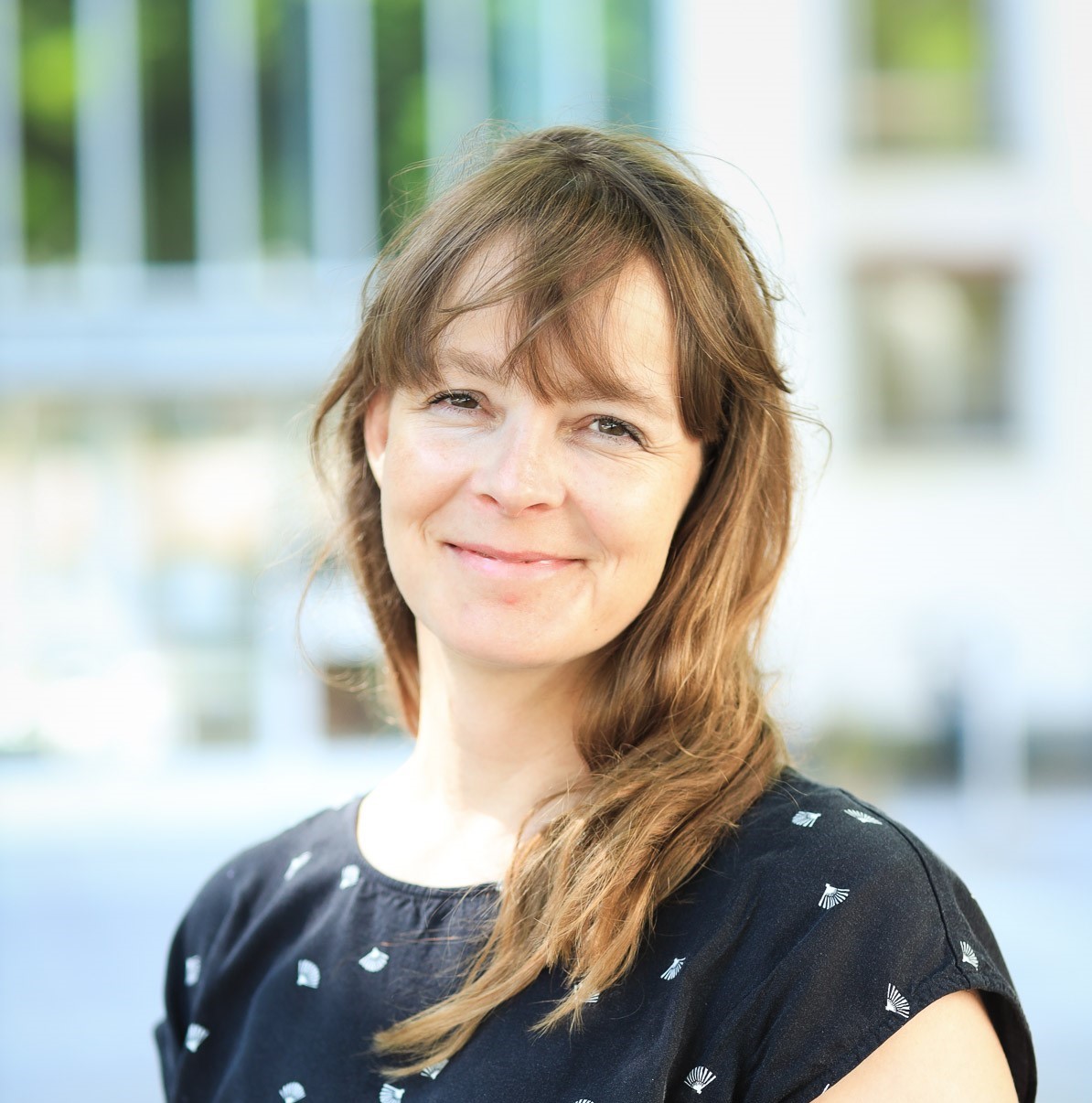Helsinki Digital Humanities Hackathon 2024 #DHH24
Helsinki Digital Humanities Hackathon #DHH24 will be organized 15.–24.5.2024 as a CLARIN and DARIAH international summer school. The event will be organized as an in-person hackathon. Participation to #DHH24 is free to all accepted participants. In addition, there are bursaries for travel and lodging.
See the website for further details.




